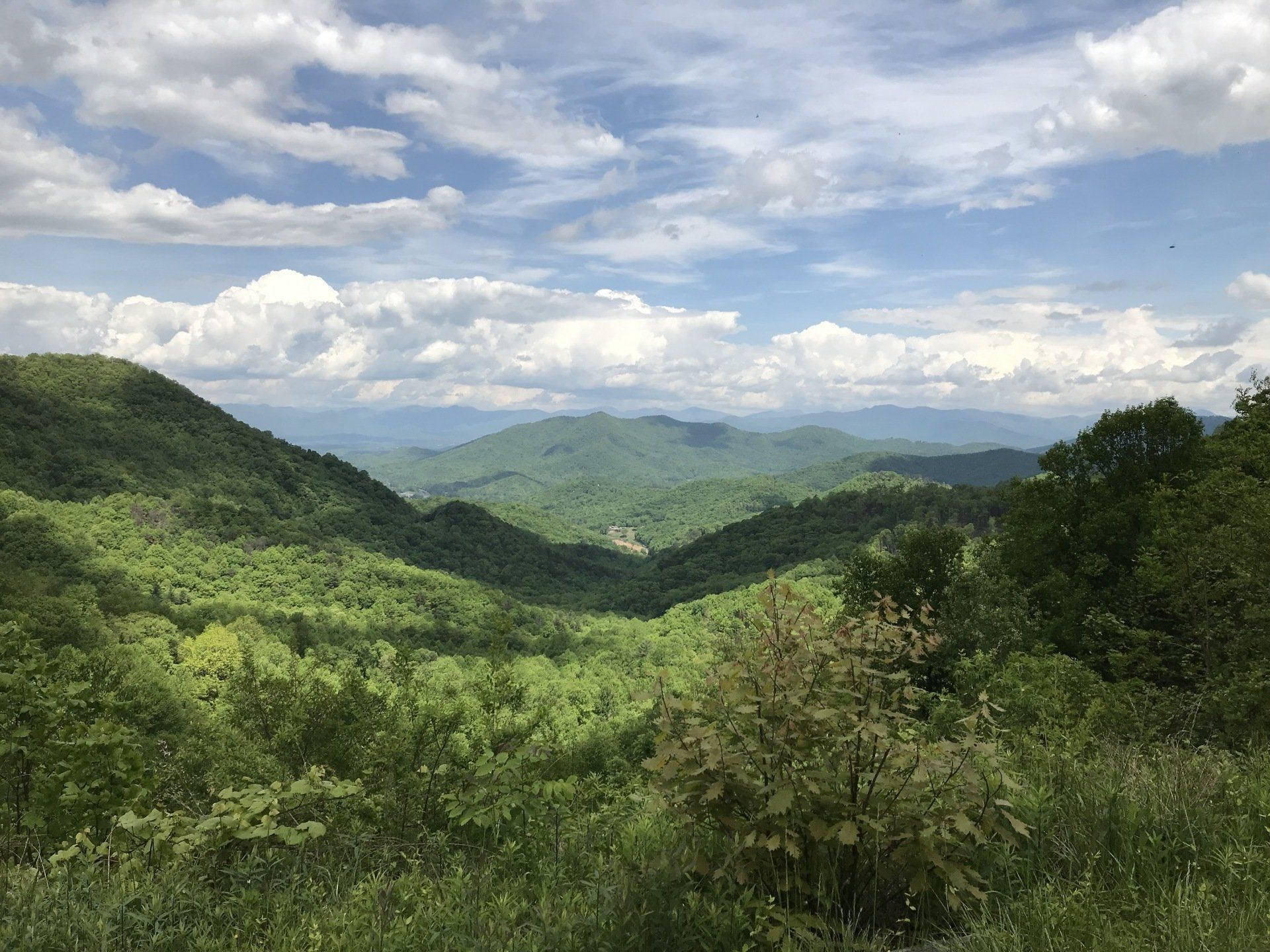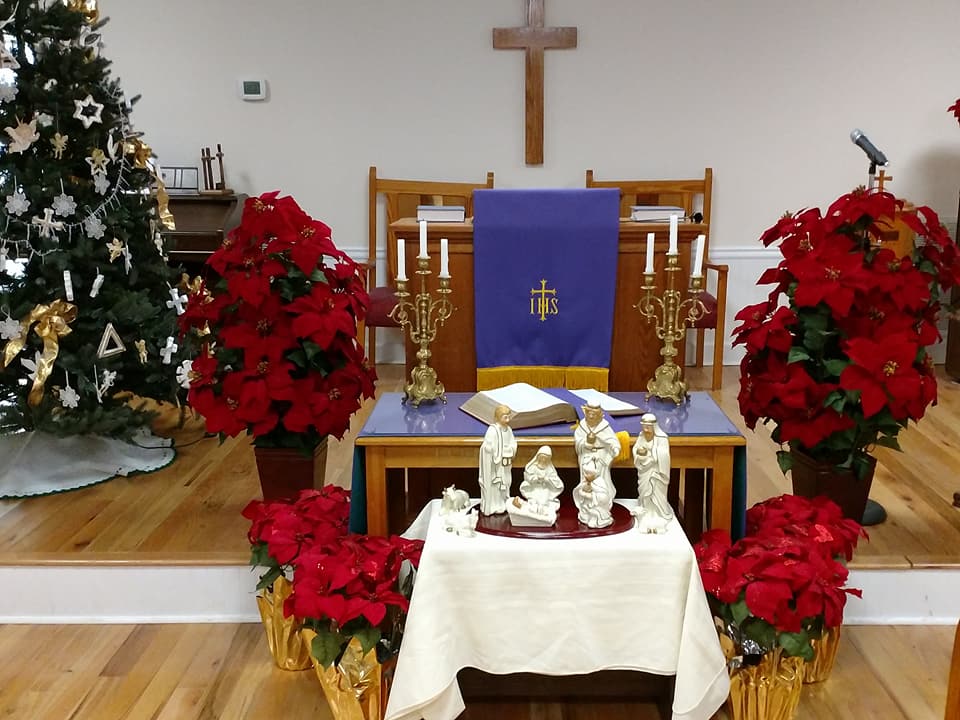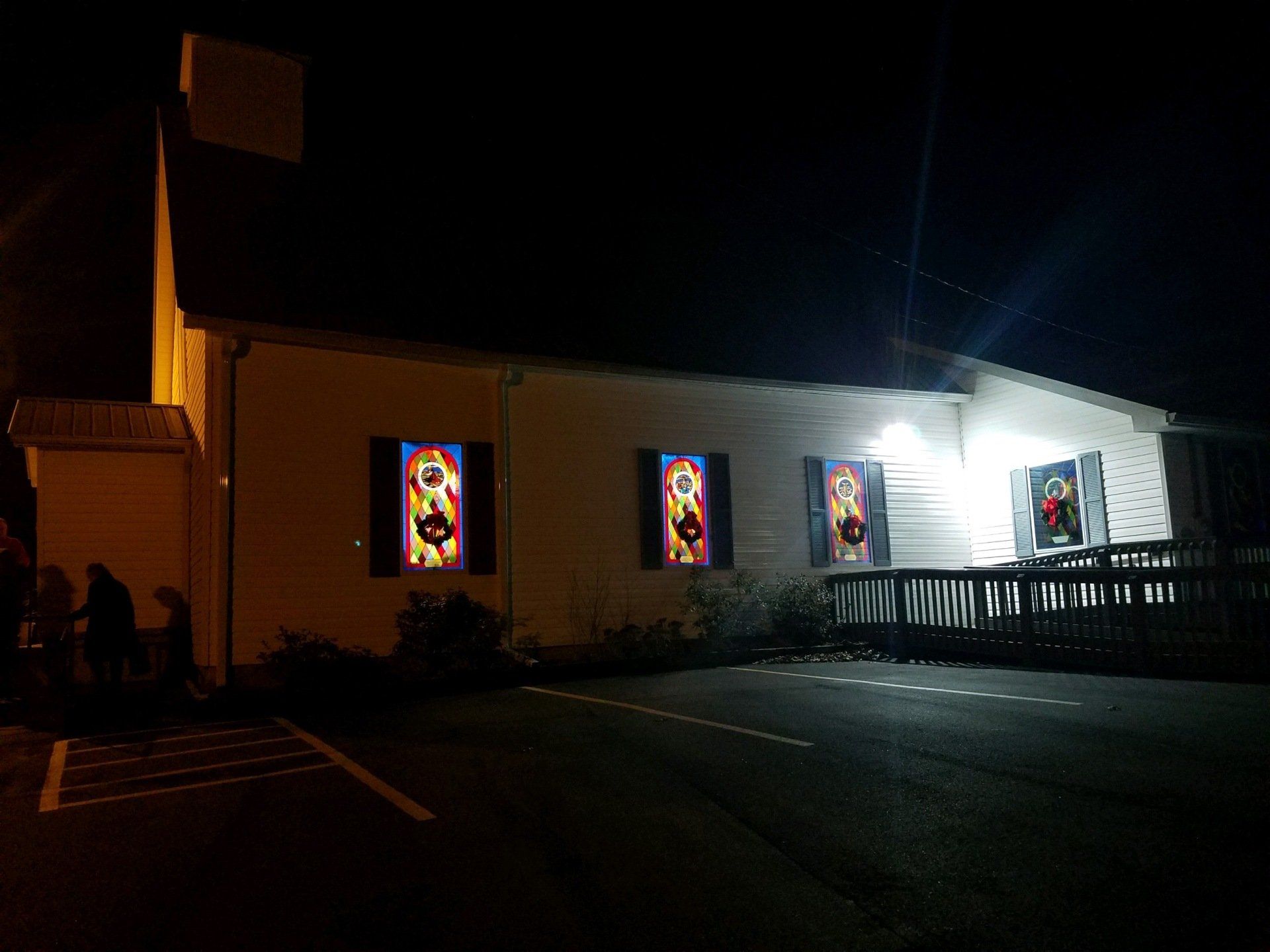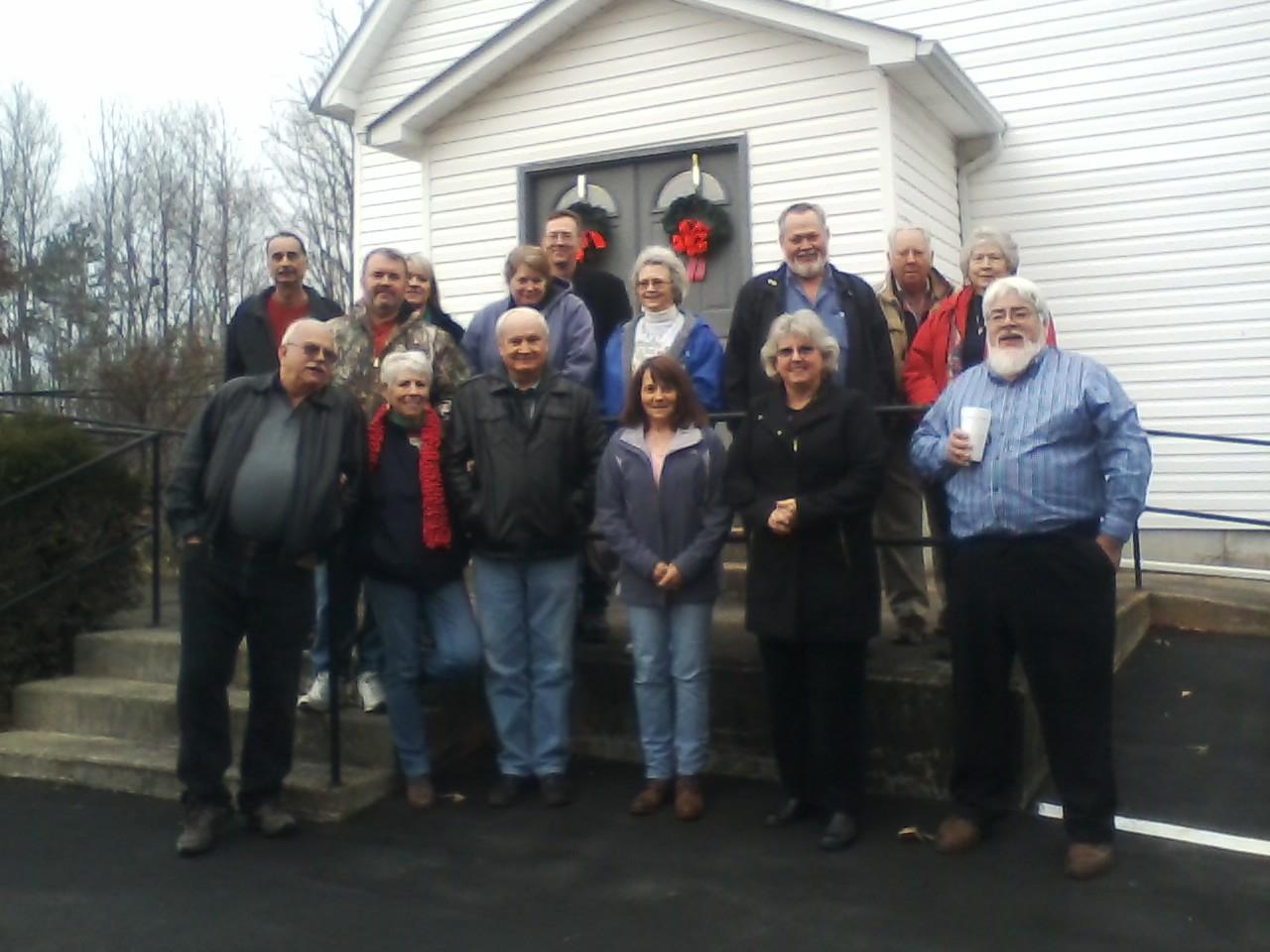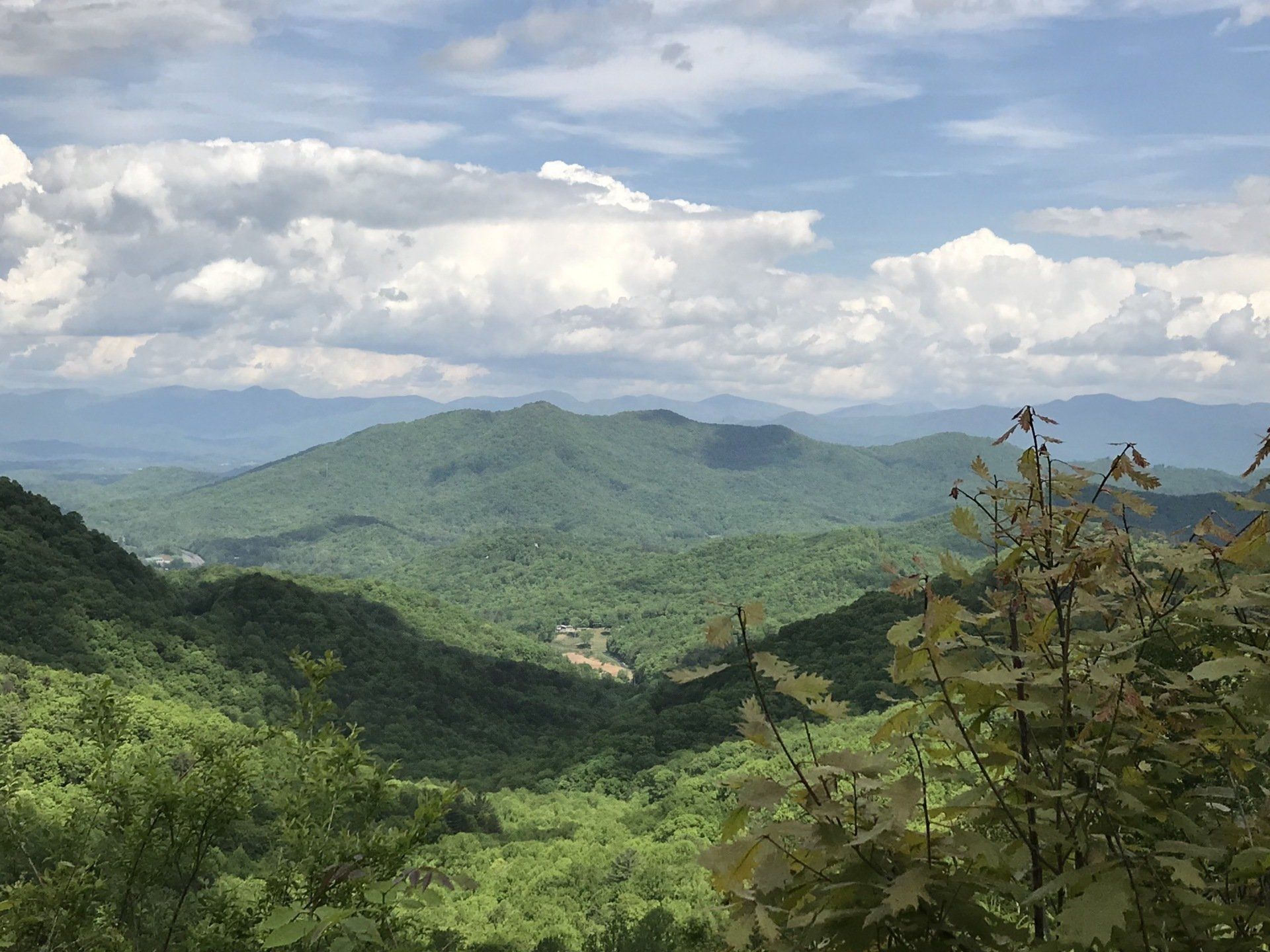God's Sovereignty
There is No Excuse
Romans 1: 18-32
Our reflections today are on a rather troubling passage found in Paul’s letter to the early church entitled Romans. His observations and warnings could have been written earlier today. I cannot help but wonder if God’s wrath is “being revealed from heaven” this very day as we seem to be so willing to allow the truth to be “suppressed.” We are a culture more and more committed to accepting the equal validity of any and all truth claims. Our social environment demands we include and accept everyone along with their beliefs and behaviors with the possible exception of those who believe their principles contain any hint of exclusivity. Just a few moments of reasoned reflection tells us the foolhardiness of this position, or at least it should. Requesting reasoned reflection from those who have already bowed before the god of inclusivity may be asking too much.
Paul continues to suggest there is no excuse for anyone not to know the truth as it “is plain to them, because God has made it plain to them … being understood from what has been created, so that man is without excuse.” And what is the result of this continued denial or suppression of the truth? God has “given them over in the sinful desires of their hearts …” We seem to have become a people that too easily can interpret evil as good, wrong as right, immoral as acceptable, even preferred if one is truly enlightened.
It is in verse 28 that this passage shocks my heart. “Furthermore, since they did not think it worthwhile to retain the knowledge of God, he gave them over to a depraved mind, to do what ought not to be done.” I truly fear that we are more and more frequently doing what we should not and being told by the new gods of inclusivity, political correctness, tolerance, the sacredness of the self, etc. what is truthful, even righteous. I cannot follow this road for my Lord is the way, the truth, and the life. He is not one of many ways; he is inclusive in his longing for us and his gift of grace is available to all, yet he remains exclusive in his justice. Finally, I cling to the admonition of Paul in his first letter to the Corinthians.
Therefore, my dear brothers, stand firm. Let nothing move you. Always give yourselves fully to the work of the Lord, because you know that your labor is not in vain. (1 Cor. 15: 58).


